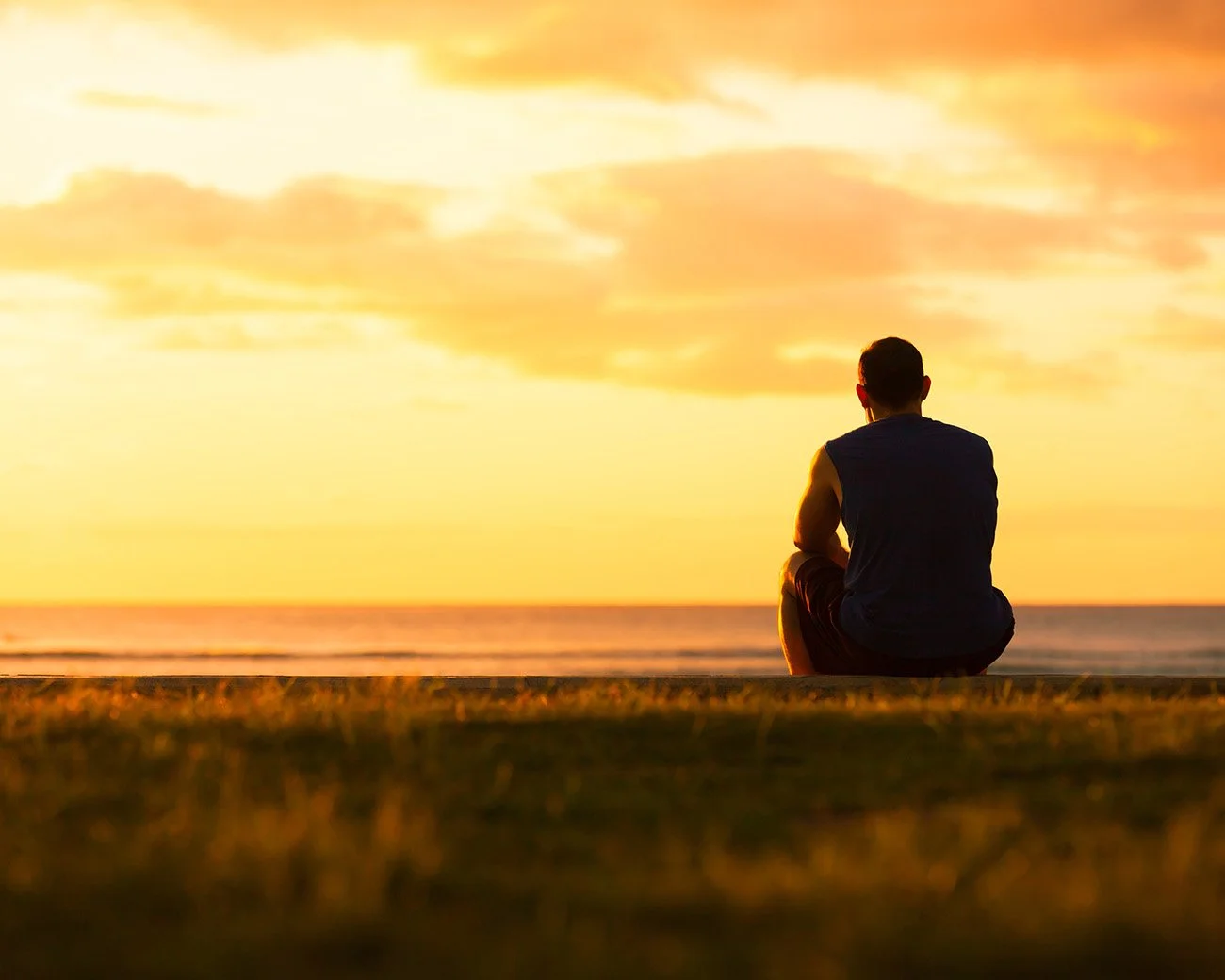How trauma affects the mind and body
When we think about trauma, we often focus on its emotional side—feeling anxious, on edge, withdrawn, or disconnected. But trauma is not just an emotional experience; it’s also it also changes how our bodies respond to the world around us. Our bodies carry the impact of trauma just as much as our minds do.
The nervous system’s role
At the center of trauma’s physical effects is the nervous system—our body’s built-in safety scanner. Its job is to detect threats and prepare us to respond. When we experience trauma, the nervous system can get stuck in overdrive, constantly scanning for danger even when we’re not in immediate harm.
This heightened state uses a lot of energy. Over time, it can leave us feeling exhausted, tense, or easily startled. It can also make us more reactive to everyday stressors that have nothing to do with the original trauma.
Physical signs of trauma
Trauma can show up in the body in ways you might not immediately connect:
Muscle tension and headaches
Digestive problems
Sleep difficulties or nightmares
Changes in appetite or energy levels
Feeling “on alert” most of the time
These aren’t signs that your body is “failing” you—they’re signs that your body is working hard to protect you, even if it sometimes misreads the situation.
The mind-body connection
Emotions and physical sensations are deeply connected. For example, if a smell, sound, or sight reminds you of something painful, your body may react before your mind even processes why. You might notice your heart racing, your muscles tightening, or your breath becoming shallow.
Understanding this connection can be empowering. Instead of feeling frustrated with your body’s reactions, you can see them as information—signals that your nervous system needs care and safety.
Supporting both mind and body
Moving forward from trauma often involves working with both mental and physical symptoms. This might include:
Counselling to help process experiences and develop coping strategies
Mindfulness or breathing exercises to help regulate your nervous system
Physical activities, like walking or yoga, that help release stored tension
Consistent sleep and nutrition habits to support overall health
When you approach trauma as both a mind and body experience, you give yourself more tools for recovery. Your body isn’t the enemy—it’s been trying to protect you. With the right support, you can teach it what safety feels like again. Get started by reaching out to us today.
Information for this blog was provided by registered provisional psychologist, Ashley Enzie



